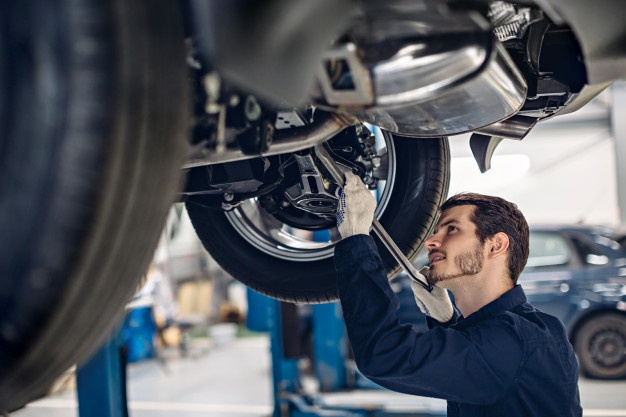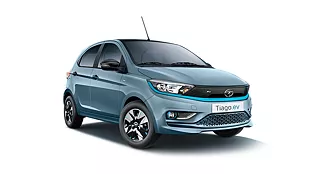Car air conditioning AC systems play a crucial role in ensuring a comfortable driving experience, especially during hot weather. However, many drivers often overlook the importance of maintaining and repairing their car AC systems in a timely manner. The significance of prompt AC repairs extends beyond mere comfort; it encompasses health, safety, and the overall longevity of the vehicle. A well-functioning air conditioning system not only keeps the cabin cool but also helps to filter out pollutants, allergens, and dust, contributing to a healthier environment for passengers. When the AC system is compromised, it can lead to poor air quality inside the vehicle, exacerbating allergies or respiratory issues for those with sensitivities. Thus, timely repairs are essential to safeguard the health of everyone in the car. Moreover, a malfunctioning AC can distract the driver, diverting attention away from the road. Excessive heat can lead to discomfort, irritability, and even fatigue, all of which can impair driving performance.

In extreme cases, a poorly functioning air conditioning system may cause the engine to overheat, leading to severe and costly damage to the vehicle. Routine maintenance checks should include the AC system to catch any potential issues before they escalate into significant problems. Neglecting minor repairs can lead to a breakdown of the entire system, resulting in more extensive and expensive repairs down the line. Understanding the common signs of AC problems is vital for timely intervention. If the AC is not blowing cold air, producing strange noises, or emitting unpleasant odors, these are all indications that a repair is needed. Additionally, if there is a visible refrigerant leak, it should be addressed immediately. Regularly servicing the AC system can help avoid these issues, ensuring it runs efficiently throughout its lifespan. Technicians typically recommend having the AC system serviced at least once a year, particularly before the onset of summer, when demand for cooling is at its peak. Furthermore, timely repairs can also enhance the resale value of a vehicle.
A well-maintained car with a fully functional AC system is far more attractive to potential buyers than one with a neglected system. Prospective buyers often look for cars that are not only reliable but also comfortable, making a functioning AC a key selling point. Thus, investing in timely land rover ac repair not only benefits current drivers but also pays off in the long run when it comes time to sell or trade in the vehicle. In conclusion, the importance of timely car AC repairs cannot be overstated. From promoting a healthy environment inside the vehicle to ensuring driver safety and enhancing resale value, maintaining a functional AC system is crucial for every car owner. Regular maintenance checks and prompt repairs can prevent minor issues from developing into significant problems, saving both time and money in the long run. Car owners should be proactive in monitoring their AC systems and addressing any concerns promptly. By prioritizing the AC system, drivers can enjoy a comfortable, safe, and pleasant driving experience regardless of the external temperature.

